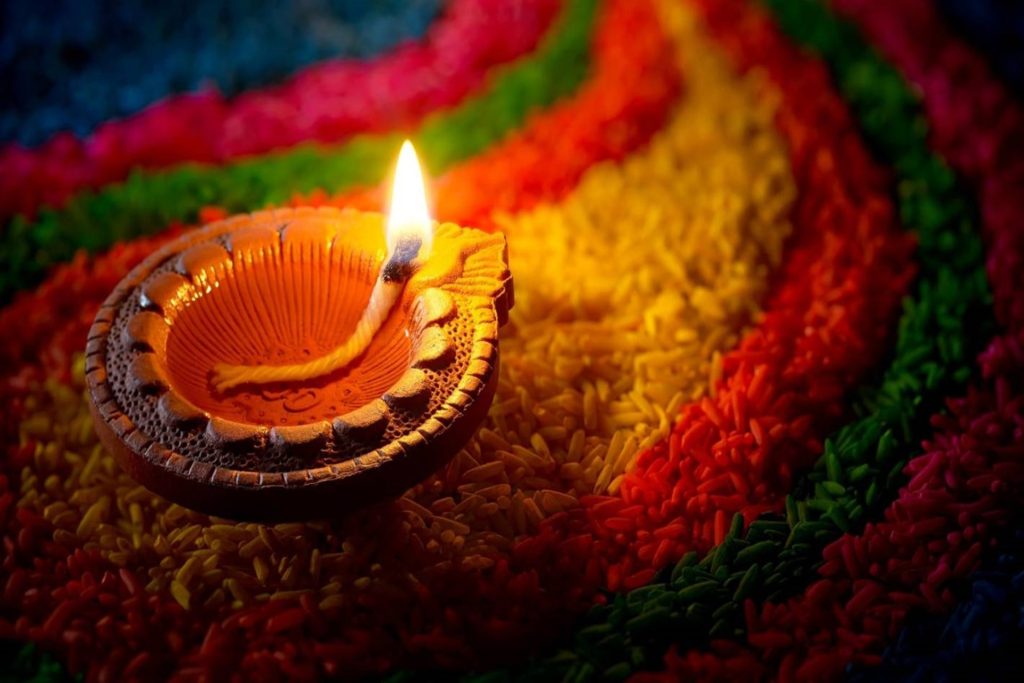DIVALI, festival of lights (from Sanskrit dipamala or dipavali meaning row of lamps or nocturnal illumination), is observed all over India on amavasya, the last day of the dark half of the lunar month of Kartika (October-November). Like other seasonal festivals, Divali has been celebrated since time immemorial. In its earliest form, it was regarded as a means to ward off, expel or appease the malignant spirits of darkness and ill luck. The festival is usually linked with the return to Ayodhya of Lord Rama at the end of his fourteen year exile. For the Hindus it is also an occasion for the worship of Laksmi, the goddess of good fortune, beauty and wealth.
Delve into the extraordinary life of Svami Bishan Das, founder of Gahir Gambhirie, through this rare Braj verse manuscript. Preserved at Khalsa College.
Explore the versified life of Baba Sahib Singh Bedi, descendant of Guru Nanak, portraying his role as a saint, scholar, and social reformer.
Explore Kabir's teachings on Harambay and the myth of rebirth as an ass. How does the saint's death differ? Learn more from Asa Kabir's insights.
Discover Gurudwara Jand Sahib in Punjab, where Guru Gobind Singh found solace under a jand tree in 1705. Explore this historic site and its serene surroundings.
Discover the life of Akali Kaur Singh, a revered Sikh scholar and preacher who championed education and social reform in India and Kashmir.
Discover the heroic tale of Khushal Singh, one of the Nankana Sahib martyrs, who sacrificed his life in 1921 to free Gurdwara Janam Asthan.
Explore the heroic journey of Lachhman Singh, a leader of Sikh martyrs at Nankana Sahib, and his fight for justice and Sikhism reform.





